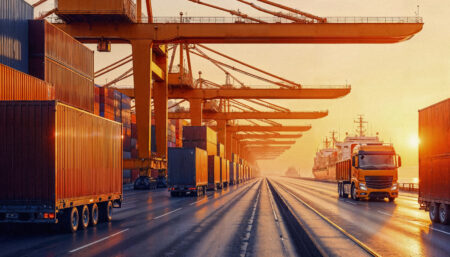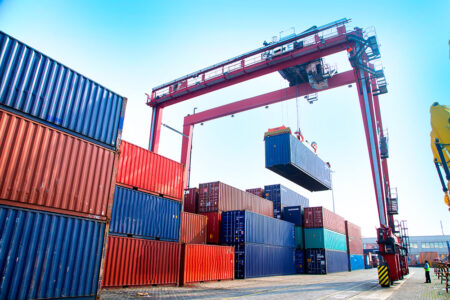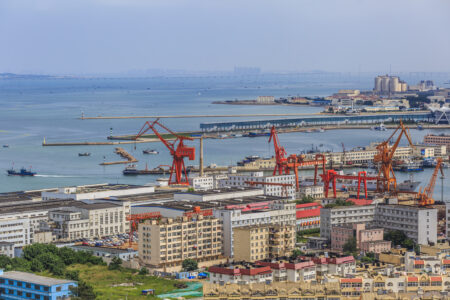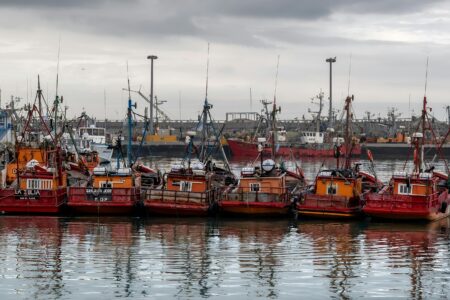The 20th MSDC in Goa saw over 100 issues resolved, unveiling major plans for shipbuilding parks, enhanced port security, and global maritime growth.
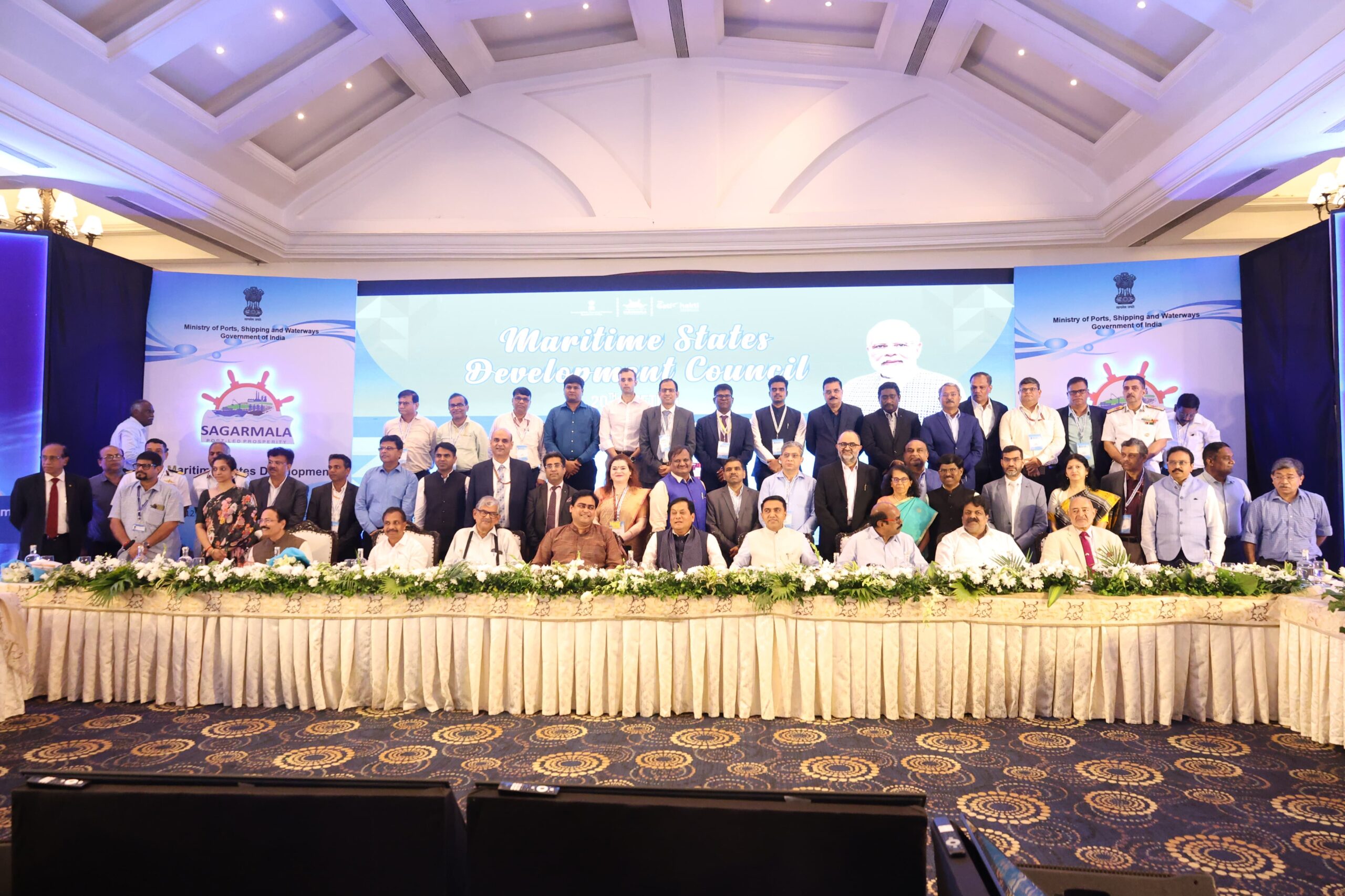
The 20th Maritime State Development Council (MSDC) concluded in Goa with significant achievements, setting the course for India’s maritime sector’s future. The two-day event, attended by Union Minister of Ports, Shipping, and Waterways Sarbananda Sonowal and other dignitaries, addressed over 100 key issues, ranging from port infrastructure modernisation to enhancing maritime security and developing a competitive framework for state and port rankings.
One of the key outcomes was the discussion on the creation of a Mega Shipbuilding Park, a multi-state initiative aimed at consolidating shipbuilding capabilities across regions. This move seeks to foster greater efficiency and innovation in the shipbuilding industry, reinforcing India’s position on the global stage. Additionally, plans were made for installing Radioactive Detection Equipment (RDE) at major ports to enhance national security, particularly in light of global threats.
In another landmark decision, the MSDC launched the Indian Maritime Centre (IMC), a policy think tank that will bring together stakeholders from the maritime industry. The IMC is expected to foster innovation, collaboration, and strategic planning, helping streamline operations and drive growth in the sector.
Furthermore, the Indian International Maritime Dispute Resolution Centre (IIMDRC) was introduced. Positioned as a global hub for maritime arbitration, IIMDRC will address multi-jurisdictional, multi-modal maritime disputes, promoting India as a centre for resolving complex international maritime issues. This aligns with the government’s “Resolve in India” initiative, which seeks to elevate India’s profile in international dispute resolution.
Sarbananda Sonowal lauded the council’s contributions, noting that under the leadership of PM Narendra Modi, India’s maritime sector has seen unprecedented growth. He emphasised the importance of initiatives like the Sagarmala project, which has already seen significant progress with over 260 projects completed out of a planned 839. The Sagarmala project, a cornerstone of India’s maritime strategy, is designed to modernise port infrastructure, boost coastal shipping, and enhance inland waterways.
The 20th MSDC also focused on enhancing the ease of doing business in the sector with the launch of the National Safety in Ports Committee (NSPC) application on the National Single Window System. This platform will streamline regulatory processes, reduce operational costs, and improve efficiency by allowing real-time performance monitoring.
Shri Sonowal also highlighted recent achievements, such as the foundation stone laying of India’s 13th major port in Vadhavan, Maharashtra, and the designation of Galathea Bay in the Andaman & Nicobar Islands as a major port. Both these projects, worth over Rs. one lakh crore combined, are expected to capture transshipped cargo currently handled outside India, positioning India as a key player in global maritime trade.
Other noteworthy discussions included the launch of a state and port system to foster healthy competition and improve performance. The council emphasised the need for transparency and accountability in maritime operations, which will drive sustainable practices across the sector.
In a first for India, a 12,000 Cu. M. Trailer Suction Hopper Dredger (TSHD) was commissioned at Cochin Shipyardimited, a major milestone in India’s efforts to bolster its maritime infrastructure. This dredger, built in collaboration with IHC Holland, represents a monumental achievement in India’s shipbuilding capabilities.
The event saw participation from key stakeholders, including state governments, maritime boards, and industry experts. Several maritime boards presented innovative projects, such as the Kerala Maritime Board’s new dredging techniques and the Gujarat Maritime Board’s urban development initiatives.
The MSDC’s initiatives underscore India’s commitment to transforming its maritime sector into a global leader, with ambitious projects, improved safety standards, and enhanced regulatory frameworks leading the way. As Sonowal aptly summarised, “India’s maritime sector is experiencing growth like never before, and these initiatives ensure we remain on track for continued success.”






